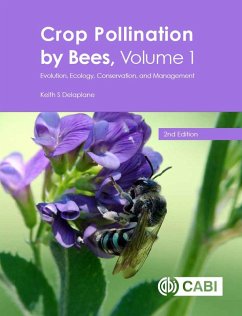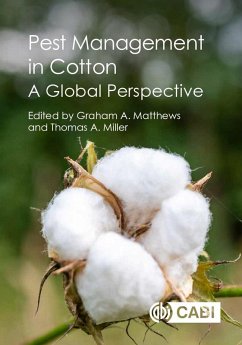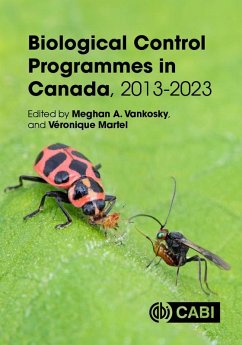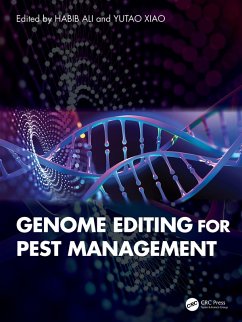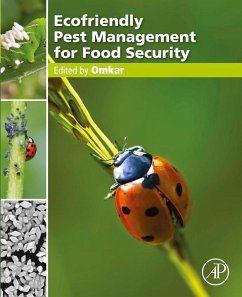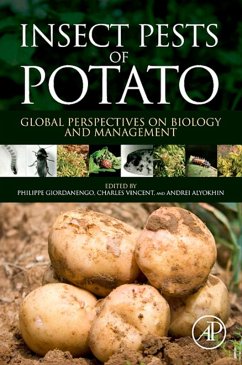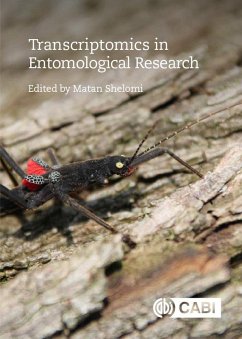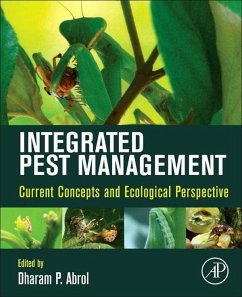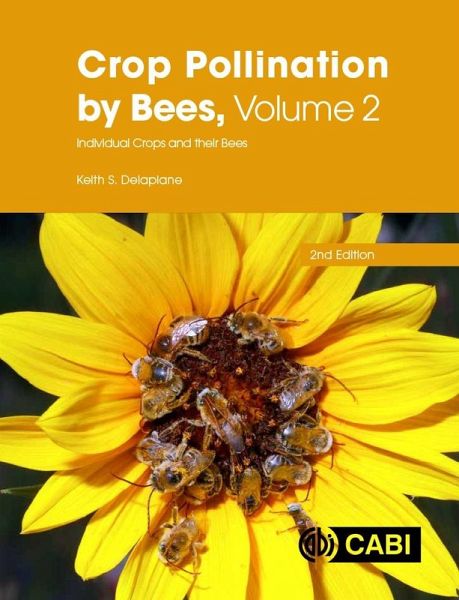
Crop Pollination by Bees, Volume 2 (eBook, ePUB)
Individual Crops and their Bees
Versandkostenfrei!
Sofort per Download lieferbar
94,95 €
inkl. MwSt.
Weitere Ausgaben:

PAYBACK Punkte
47 °P sammeln!
Since the second half of the 20th Century, our agricultural bee pollinators have faced mounting threats from ecological disturbance and pan-global movement of pathogens and parasites. At the same time, the area of pollinator-dependent crops is increasing globally with no end in sight. Never before has so much been asked of our finite pool of bee pollinators. This book not only explores the evolutionary and ecologic bases of these dynamics, it translates this knowledge into practical research-based guidance for using bees to pollinate crops. It emphasizes conserving wild bee populations as well...
Since the second half of the 20th Century, our agricultural bee pollinators have faced mounting threats from ecological disturbance and pan-global movement of pathogens and parasites. At the same time, the area of pollinator-dependent crops is increasing globally with no end in sight. Never before has so much been asked of our finite pool of bee pollinators. This book not only explores the evolutionary and ecologic bases of these dynamics, it translates this knowledge into practical research-based guidance for using bees to pollinate crops. It emphasizes conserving wild bee populations as well as culturing honey bees, bumble bees, and managed solitary bees. To cover such a range of biology, theory, and practice from the perspectives of both the pollinator and the crop, the book is divided into two volumes. Volume 1 focuses on bees, their biology, coevolution with flowering plants, foraging ecology and management, and gives practical ways to increase bee abundance and pollinating performance on the farm. Volume 2 (this volume) focuses on crops, with chapters addressing crop-specific requirements and bee pollination management recommendations. Both volumes are essential reading for farmers, horticulturists and gardeners, researchers and professionals working in insect ecology and conservation, and students of entomology and crop protection.
Dieser Download kann aus rechtlichen Gründen nur mit Rechnungsadresse in A, D ausgeliefert werden.




